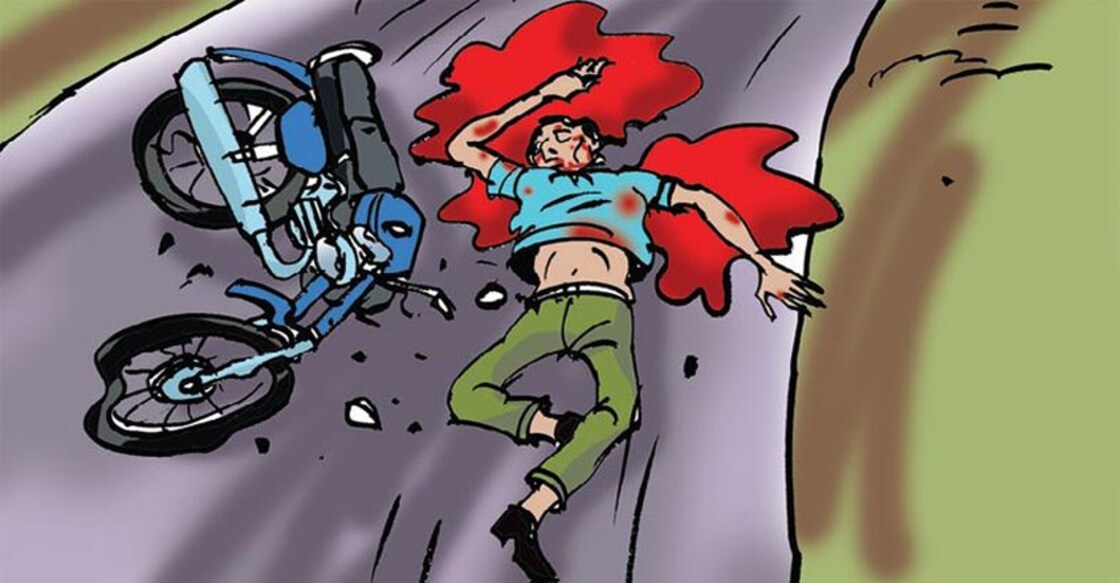Give teeth to laws to make our roads safer

Mail This Article
Culture, concern for the others and respect for law are reflected in the streets, not just homes. People who travel across Kerala were shaken by a news report about the death of a woman whose scooter was tangled in a rope that hung from a lorry. Even as we read the report, people dear to us, spouse, children, parents, siblings, relatives or friends, may be negotiating the dangerous roads.
We are faced with a lot of careless mistakes that could turn fatal, such as a loose rope, a pile of stones dumped from a truck, cement bricks, a heap of rubbish, a towing rope, steel rods jutting from transport trucks. Private bus drivers often try to decorate their vehicles by flowing festoons near their doors. They are not just eyesores. Drivers in the vehicles behind them often mistake the ribbons as a signal light for overtaking, especially in low light.
The horror story of the woman rider who was dragged by a rope that hung from a lorry was reported from Thiruvananthapuram. Such freak accidents are reported from Thodupuzha, Kochi and Kozhikode. Awareness campaigns do little to avoid such accidents, given our common attitude. The law has to be applied in its full force.
Section 279 of the Indian Penal Code prescribes imprisonment of up to six months and a fine of Rs 1,000 to anyone who drives a vehicle in a manner so rash or negligent as to endanger human life. The strong section has been weakened across years. When the law came into effect in 1860, Rs 1,000 could buy 10 acres of land. The penalty remains the same after more than a century. We could amend the section and increase the fine to Rs 50,000 at least to make our streets safer.
The Motor Vehicles Act has set out the size of each vehicle on road and the load that can be transported in each vehicle. Whatever the load, it is not supposed to jut out from the vehicle even by an inch. Transporters who load their vehicles in a way that threatens lives should be penalised under IPC 279.
The section has turned into an opportunity for offenders to walk away after paying a fine of just Rs 1,000. The magistrates has to change this situation. The section also provides for imprisonment of up to six months. If the courts sentence offenders to imprisonment depending on the seriousness of the accidents, deaths in the streets may come down.
The victim of carelessness at Parassala in Thiruvananthapuram had been separated from her partner. She had just raised enough money as a domestic help to build her a house. She died tragically on the eve of the housewarming. The news should be an eye opener. Laws are not just retribution tools. They are to be used in such a way as not to repeat tragedies. Laws should be applied with all their force in the streets and houses.

